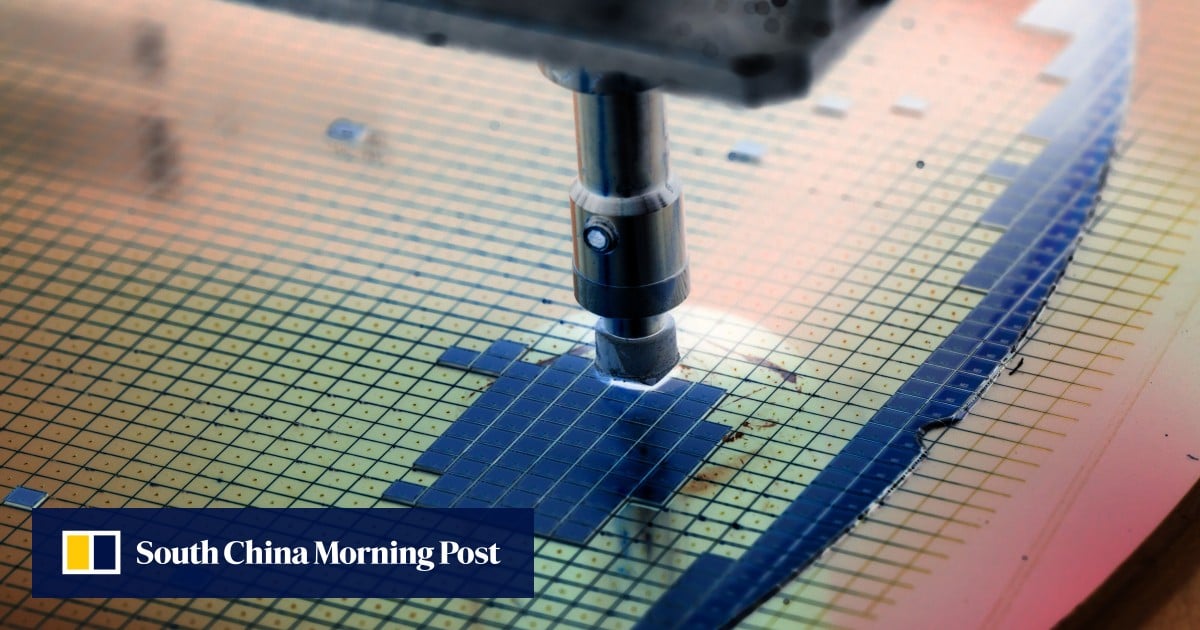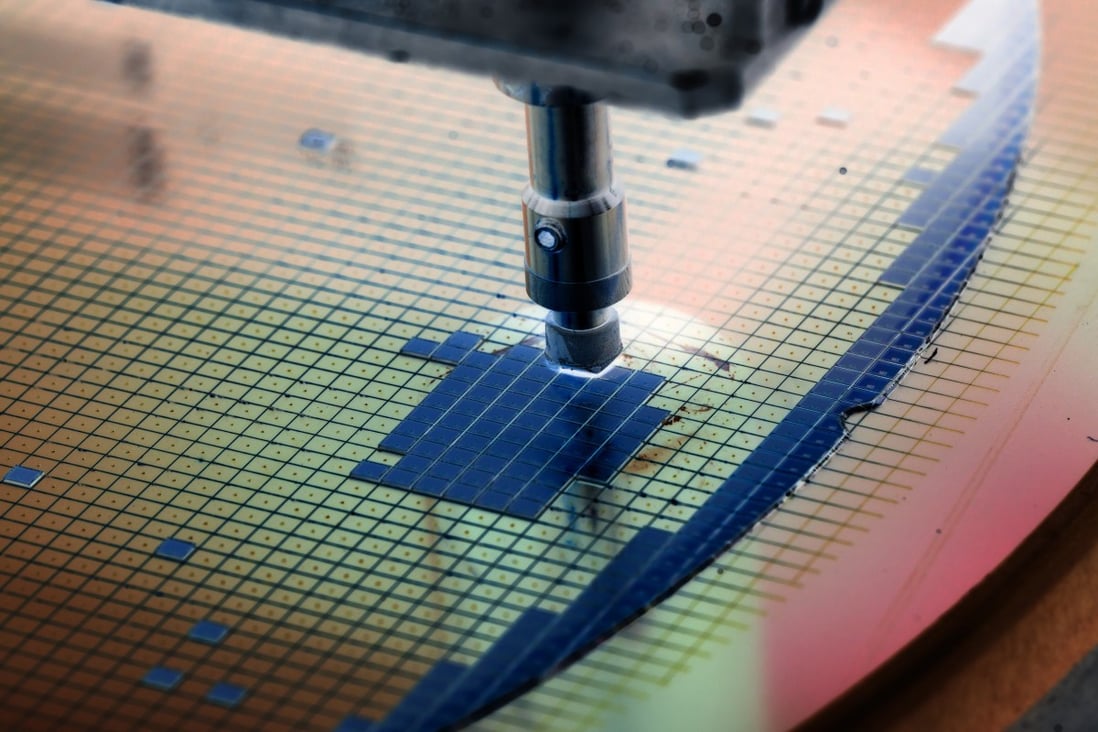I know a few of these:
A large number of overseas trained and educated Chinese nationals have returned home to establish start-ups in the semiconductor field. Although China imports US$300 billion worth of chips annually – about US$160 billion of which are re-exported in finished electronics products – it is a laggard when it comes to making them.
Chinese President Xi Jinping has repeatedly urged the country to become more self-reliant when it comes to core technologies like semiconductors, which power all manner of electronics from AI to smartphones. Officially, the Chinese government has never stipulated that chip making technologies should be of Chinese-origin. Rather, it has emphasised the need to attract foreign capital, technology and talent.
To that end, a large number of overseas trained and educated Chinese nationals have heeded the call and returned to China to establish start-ups in the semiconductor field, ranging from electronic design automation (EDA) software and IC design to silicon foundry and wafer processing equipment.
Most of the founders on this list started their companies well before the US-China tech war, but have had to navigate a more difficult external environment amid US bans on certain core technologies over national security concerns.
China’s most advanced chip maker, Semiconductor Manufacturing International Corp (SMIC), was established in 2000 by Richard Chang, who worked for more than 20 years as a wafer fab specialist at US chip major Texas Instruments.
Although Chang resigned from SMIC in 2009, many have followed in his footsteps by starting their own companies after learning the ropes at foreign semiconductor companies. Here are 10 of them.

 www.scmp.com
www.scmp.com

A large number of overseas trained and educated Chinese nationals have returned home to establish start-ups in the semiconductor field. Although China imports US$300 billion worth of chips annually – about US$160 billion of which are re-exported in finished electronics products – it is a laggard when it comes to making them.
Chinese President Xi Jinping has repeatedly urged the country to become more self-reliant when it comes to core technologies like semiconductors, which power all manner of electronics from AI to smartphones. Officially, the Chinese government has never stipulated that chip making technologies should be of Chinese-origin. Rather, it has emphasised the need to attract foreign capital, technology and talent.
To that end, a large number of overseas trained and educated Chinese nationals have heeded the call and returned to China to establish start-ups in the semiconductor field, ranging from electronic design automation (EDA) software and IC design to silicon foundry and wafer processing equipment.
Most of the founders on this list started their companies well before the US-China tech war, but have had to navigate a more difficult external environment amid US bans on certain core technologies over national security concerns.
China’s most advanced chip maker, Semiconductor Manufacturing International Corp (SMIC), was established in 2000 by Richard Chang, who worked for more than 20 years as a wafer fab specialist at US chip major Texas Instruments.
Although Chang resigned from SMIC in 2009, many have followed in his footsteps by starting their own companies after learning the ropes at foreign semiconductor companies. Here are 10 of them.

Ten Chinese chip start-ups whose founders have foreign experience
Many overseas trained and educated Chinese nationals have returned to China to establish start-ups in the semiconductor field, ranging from IC design to chipmaking tools. Here are 10 of them.


